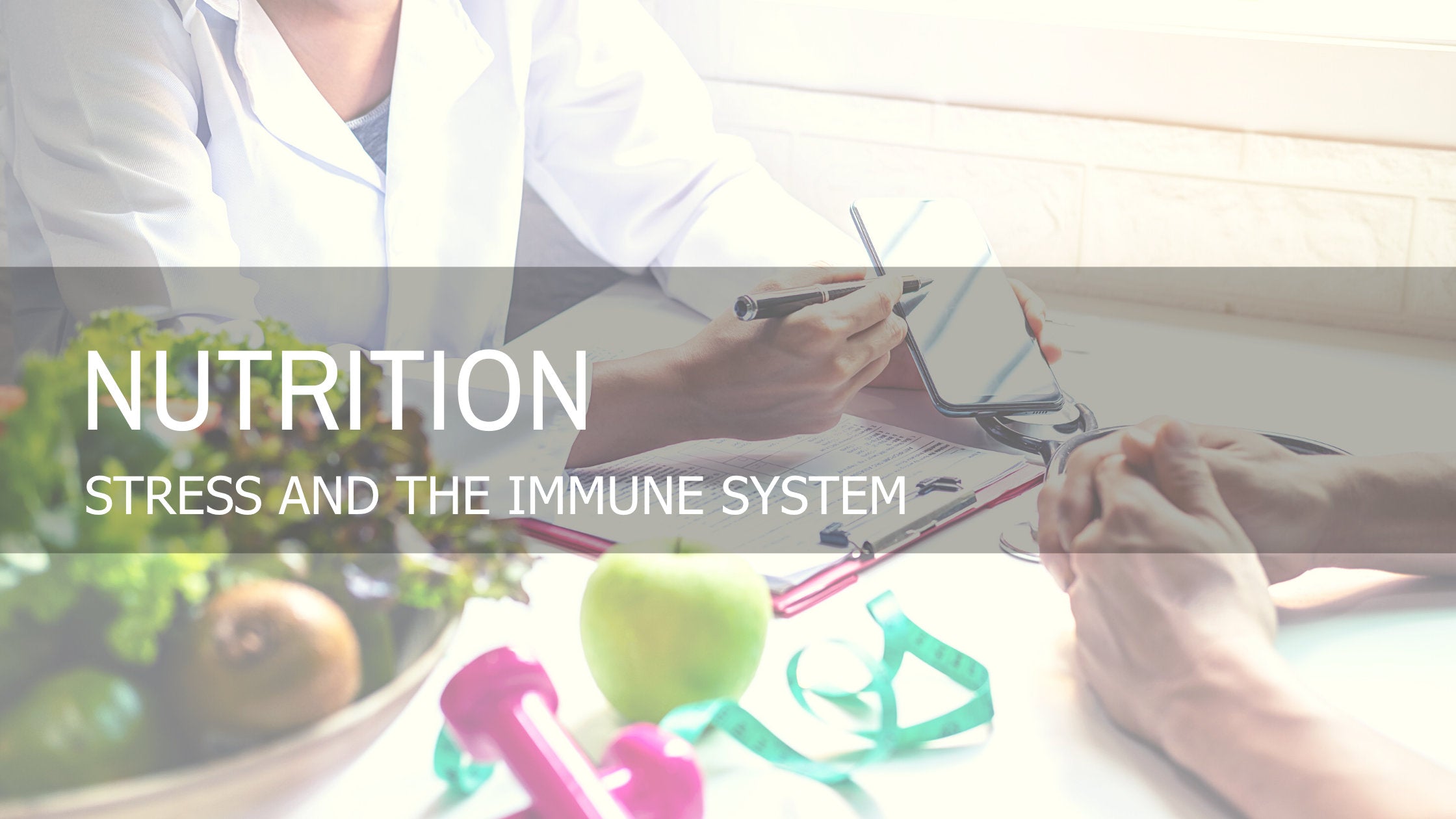
Mar 04 , 2022
0 Comments
Stress | Stress and the Immune System
The immune system: What does it mean to have stress?
We know that too much stress is not necessarily good for us, but it is important to fully understand the deep impact that it can have on your entire body.
Stress – A review:
Stress is a state of mental or emotional strain or tension resulting from adverse or very demanding circumstances. Remember stress can be acute or chronic and sources can come from many different sources including physical, mental and emotional. Today in our society, the type of stress of stress that we deal with most often is chronic stress; this is where daily stressors cause repeated and/or constant activation of the stress “flight or fight” response system within the body. However, the stress response system in the body was not developed to be constantly activated and this over-activation can cause the breakdown of many bodily systems.
Effects of Stress
Discussed last week, some of the effects of chronic stress can show up quickly. However, in the long run they can be a sign of something more serious going on. Where short-term or acute stress can be beneficial in enhancing various immune system responses, long-term or chronic stress has been found to suppress the protective immune responses. Chronic stress can begin to suppress the body’s innate and adaptive immune responses by:
- Disrupting/altering cytokine (small cell signaling proteins) balance.
- Inducing low-grade chronic inflammation.
- Suppressing the number, transportation and function of immune-protective cells.
Chronic stress may increase susceptibility to certain types of cancer and autoimmune diseases by disrupting the balance of signaling, protective and regulatory cells. As the body ages, it generally becomes more susceptible to deterioration and disease. The addition of chronic stress can significantly increase the risk of developing diseases such as, heart/artery disease, hypertension and cancer. The disruption of the immune regulatory systems by chronic stress can increase the risk of developing any number of autoimmune diseases at any age.
Stress Management:
There are many different things that you can do to start managing the stress in your life. As you read these, think about each one and if/how you could potentially include them on a regular basis. There are many relaxation techniques, including yoga, meditation, visualization and music/art therapy. If too many commitments are causing stress, time management techniques can help streamline the process. Things that should be considered when managing your time are that you should know your goals, identify work that must be done to achieve your objective, prioritize tasks and activities and implement a daily plan. When managing stress and its effects remember to continue focusing on your physical activity and nutrition.
Goals:
- Boost your immune system:
- Focus on implementing at least one technique to boost your immune system this week.
- Examples include:
- Getting at least 7-8 servings of fruits & vegetables per day
- Eliminating 1 weekly even that is causing you undue stress
- Ensure you are meeting the minimum recommendations for physical activity – 150 minutes of moderate exercise
- Eliminate a habit that can compromise your immune system: smoking, excess alcohol consumption, consumption of processed foods, etc.
- Stress Management:
- . Identify at least two stress management techniques that you have not tried before and you feel will make a difference for you.
- Test them out several times this week, or whenever you are feeling extra stressed.
- Continue stress journal:
- . Keep a simple journal, paying extra special attention to any symptoms of chronic stress that you might be experiencing.
- Remember that there are physical, emotional and behavioral symptoms
- Note if any of the symptoms occur at specific times during the day or after specific events



